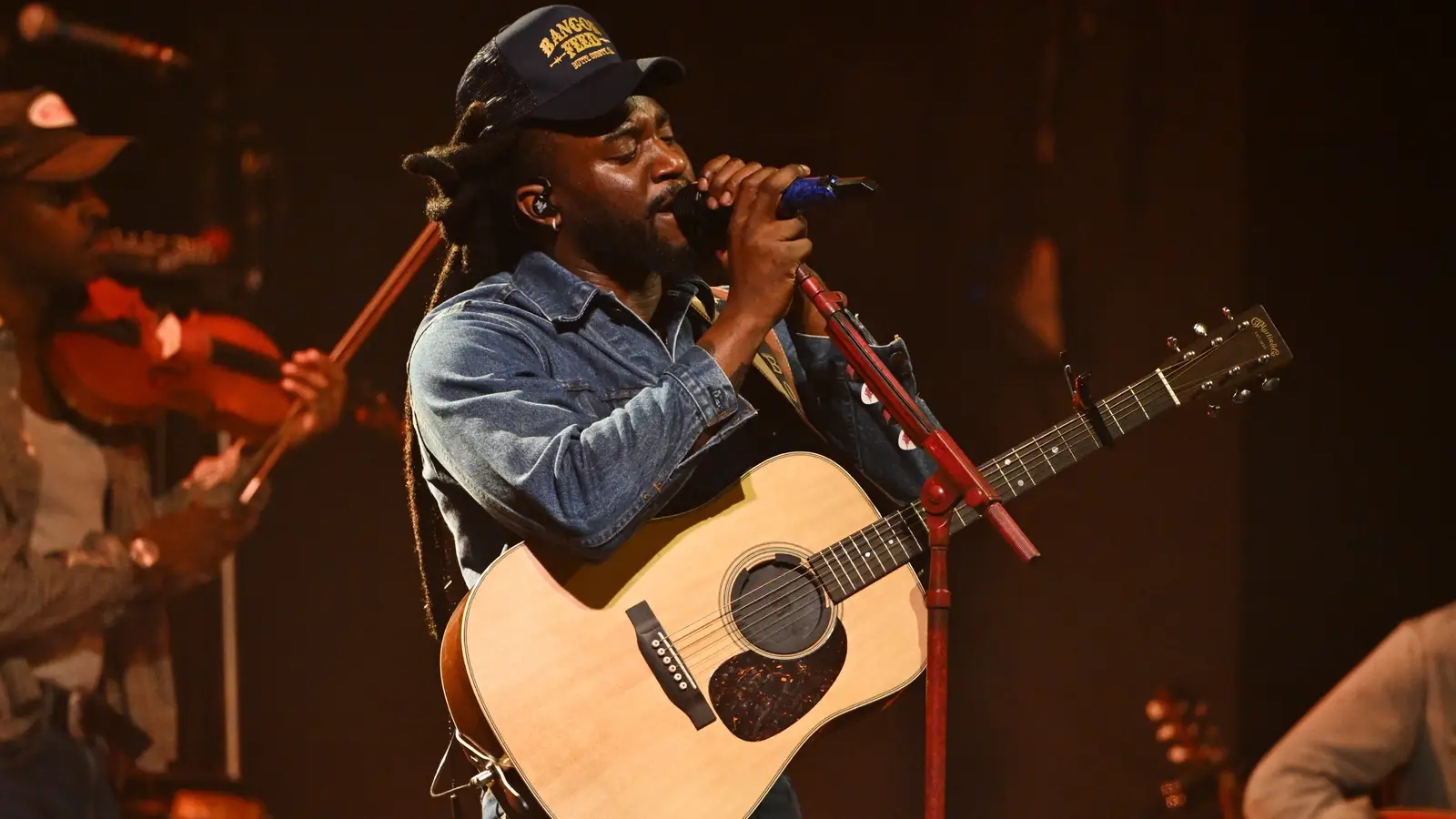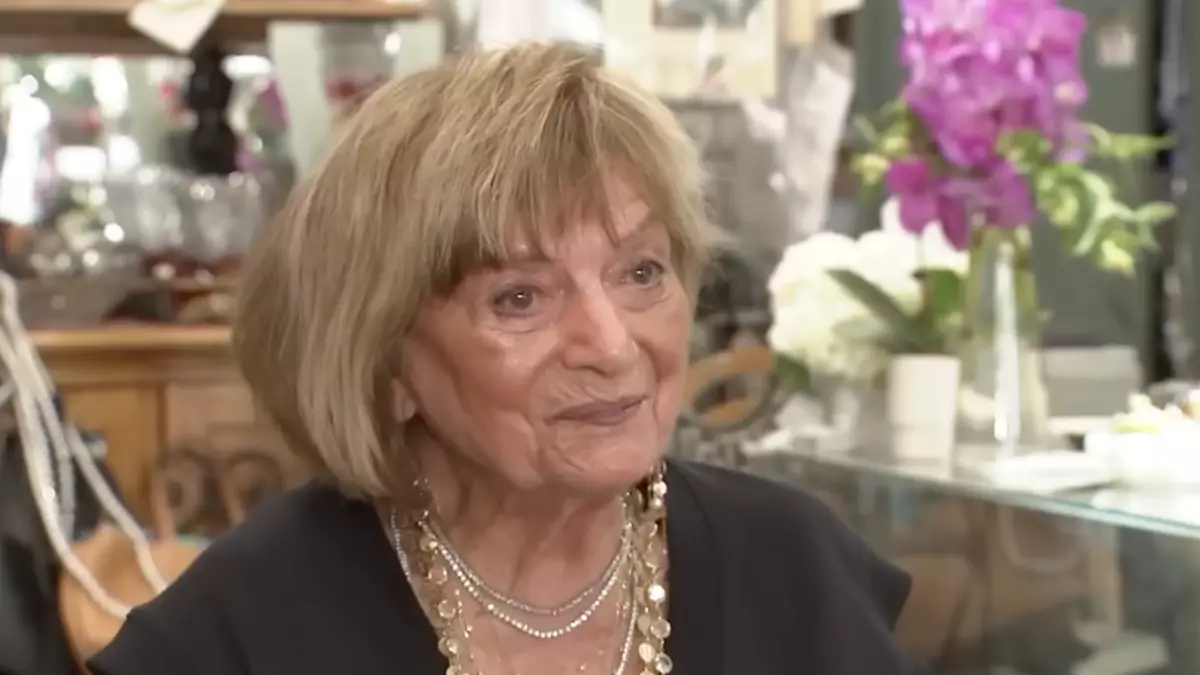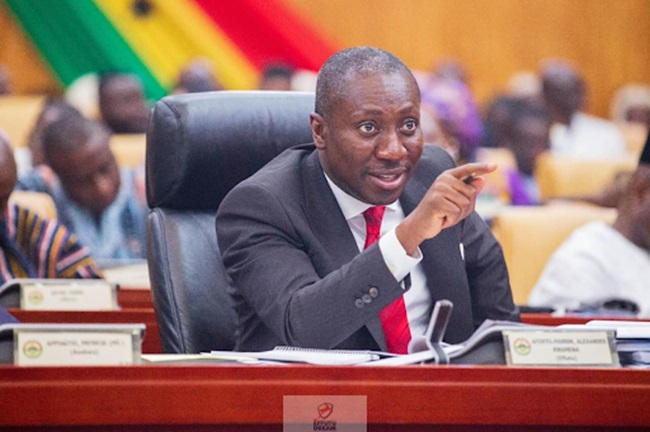Copyright Screen Rant

There’s a new kind of crossover artist taking hold of pop culture’s blind spot, and his name is Shaboozey. The Virginia-born, Nigerian-American singer, rapper, and songwriter has become the latest proof that genre lines don’t mean much anymore—and not to listeners, and certainly not to him. After being named Harper’s Bazaar’s Music Director for November 2025, Shaboozey’s position as the next big voice in hybrid country-rap feels inevitable. His hit “A Bar Song (Tipsy)” has dominated playlists all year, turning honky-tonk swagger and hip-hop cadence into something that feels both familiar and entirely new. It’s country without caricature, hip-hop without apology, and everything the genre conversation’s been missing. From Leesburg To The Line Dance Shaboozey (real name Collins Obinna Chibueze) grew up outside Washington, D.C., surrounded by as many country stations as hip-hop mixtapes. His Nigerian father and American mother gave him what he calls “two musical passports.” That cross-cultural mix started surfacing on SoundCloud years ago—the twang, the drawl, the bars—but it’s finally connecting with a mainstream audience that’s ready for more than the typical southern-rap template. His first breakthrough came in 2018 with “Starfoxx,” but it was Beyoncé’s Cowboy Carter earlier this year that blew the door wide open. Shaboozey’s features on “Sweet Honey Buckiin’” and “Spaghettii” introduced him to a global audience that suddenly wanted to talk about country again—not the kind sold at the truck stop. That momentum carried straight into “A Bar Song (Tipsy),” his breakout single that flips J-Kwon’s 2004 party anthem into a dusty-boot two-step. The video, filled with cowboy hats, trap beats, and dance-floor chaos, became a cultural handshake between Nashville and Atlanta. It’s streamed over 200 million times to date and is still climbing. The “country-rap” label isn’t new, but Shaboozey makes it feel less like a gimmick and more like evolution. Lil Nas X kicked the door open with “Old Town Road.” Blanco Brown had his viral moment with “The Git Up.” But Shaboozey isn’t chasing novelty—he’s chasing roots. His music sits comfortably alongside artists like Tyler Childers, Megan Thee Stallion, and Zach Bryan because it’s driven by story first. He writes about heartbreak, nightlife, ambition—the same emotional terrain country’s always covered—but filters it through hip-hop rhythm and Gen Z humor. That authenticity is why he’s starting to pull attention from both Nashville and New York, the two poles of the U.S. music business that rarely agree on anything. The industry loves a new archetype, and right now, Shaboozey is shaping up to be one. Shaboozey's Crossover Style Is Here To Stay Streaming playlists have flattened the boundaries between genres, but artists who can actually embody that fluidity are rare. Shaboozey, like few super-talents before him (think the late Avicii's EDM-country hybrids) dabbling in country aesthetics for aesthetic’s sake is not what we're dealing with—he grew up with them. The acoustic guitars and trap hi-hats sound natural together because they’ve always coexisted in his own playlists. He’s also one of the few new acts using fashion and visual identity to build his crossover story. His recent Harper’s Bazaar playlist feature reads like a mission statement: a little Garth Brooks, a little OutKast, and zero irony. He’s positioning himself not as a novelty, but as the connective tissue between cultures—a role pop desperately needs filled right now. For listeners burned out on genre tribalism, Shaboozey’s rise feels like relief. For the industry, it’s a business model waiting to be copied. The Road Ahead With a sophomore album expected in early 2026 and a steady stream of festival bookings locked for next spring, Shaboozey’s next act is shaping up fast. Insiders say he’s in talks for a major sync campaign tied to a streaming Western series and a handful of cross-genre collaborations that could push him even further into the mainstream. If that happens, expect him to be framed as the “next big bridge”—the artist who finally found a way to make cowboy boots, trap beats, and crossover radio coexist. But the truth is simpler: rather than chasing crossover success, Shaboozey's living in the crossover. And that, more than any marketing rollout, is what makes him feel new.



